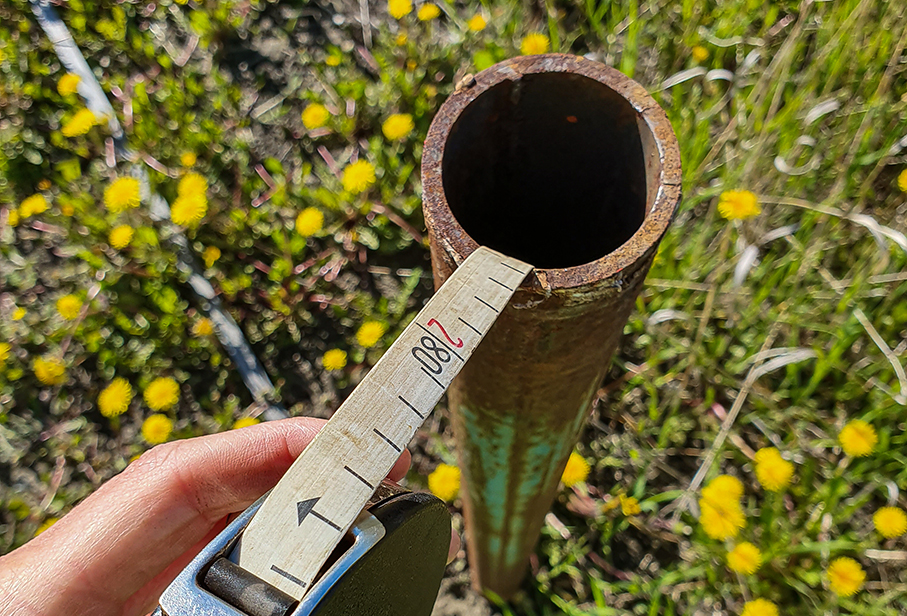 Geologists have called on the Lagos State government to monitor groundwater status and develop source protection strategies, thereby ensuring sustainable management.
Geologists have called on the Lagos State government to monitor groundwater status and develop source protection strategies, thereby ensuring sustainable management.
The experts, who made the call at a stakeholders’ engagement on the Lagos Groundwater Demonstrator Project held in Lagos, lamented that comprehensive data on levels and quality of groundwater remains sparse despite being a vital component of Lagos’ water supplies.
They discovered that groundwater levels are depleting, and salinity is rising resulting in contamination projects. The project, which is a research of the University of Ibadan (UI), University of Lagos (UNILAG), British Geological Survey, Aberdeen University and Cardiff University, UK, provided longitudinal evidence of groundwater conditions across Lagos.
Speaking, Dr Adrian Healy from Cardiff University, stressed the importance of tracking groundwater conditions and safeguarding sources, noting that this approach will prevent over-abstraction, pollution and climate change impacts.
Healy recommended a managed transition, reducing households’ reliance on private supplies through investment in public pipe water infrastructure. “Lagos should initiate a ‘Big Conversation’ to enhance visibility and sustainability,” he said.
Healy also urged the involvement of communities in groundwater sanitation issues to realise the United Nations Sustainable Development Goals (SDGs) on ensuring access to clean and safe water.
On his part, Prof Akinade Olatunji from the University of Ibadan stressed the need for adequate data, noting that it plays a crucial role in informed decision-making.
He urged the government to put in place a monitoring system to identify borehole points to take original data either on a monthly or quarterly basis. “Monitoring agencies’ work should be premedicated on original data, not on speculations. Data such as surface water level, PH, salinity of water and variation in water quality are some of the data that must be taken,” he said.
Executive Secretary of Lagos State Water Regulatory Corporation, Mrs Funke Adepoju, noted that groundwater faces numerous challenges from over-abstraction to pollution and climate change impacts (drought).
According to her, collaborative efforts remain crucial for showcasing innovative solutions and highlighting the importance of working together. She called on government agencies, NGOs, academic institutions, the private sector, and foreign partners to tackle challenges surrounding groundwater sustainability.
President of the Nigerian Association for Engineering Geology and the Environment, Dr Waliu Adeolu, urged stakeholders to strengthen data collection and sharing through a centralised database for groundwater monitoring data to improve accessibility and transparency. “Enhance regulatory frameworks, develop and enforce regulations to ensure responsible groundwater extraction and protect vulnerable aquifers.
“Educate the public on groundwater conservation and sustainable water practices. By working together, we can safeguard Lagos’ groundwater resources for future generations and ensure continued growth and prosperity,” Adeolu said.






